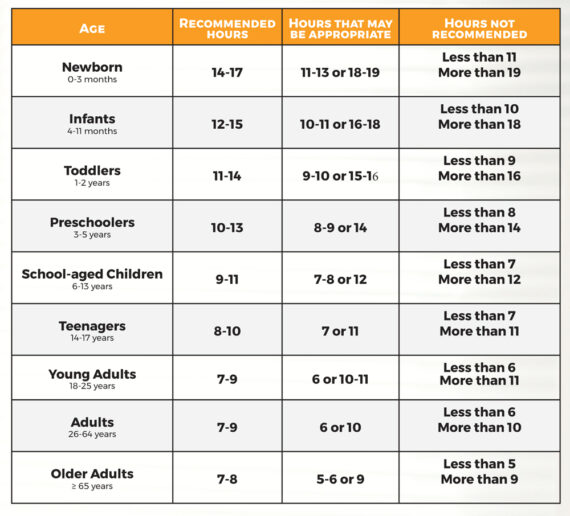The amount and quality of your sleep affects you both mentally and physically. Just what does it take to get a good night’s sleep? George Zureikat, MD, Medical Director of Mid-Michigan Sleep Center in Grand Blanc shared his expertise on the importance of being well-rested.
MCM: What does it mean to get healthy sleep?
DR. Z: Healthy sleep is critical for everyone to retain information and to maintain and learn new skills to thrive in life. Sleep plays a vital role in helping us solidify and consolidate memories. It is an important process to restore and strengthen our muscles in order to combat fatigue and adequately perform daily activities.
MCM: What are the negative effects of inadequate sleep?
DR. Z: Sleep deprivation will have a negative impact on daily functions and our ability to perform tasks at hand such as work, school, sports or a social life. People who don’t get adequate sleep are at higher risk for diseases such as diabetes, hypertension and cardiovascular diseases, as well as mental illness and dementia – not to mention a need to rely on stimulants to stay awake during the day, which also has adverse effects on health.
MCM: Are there long-term effects?
DR. Z: Obstructive sleep apnea is a commonly underdiagnosed and undertreated sleep disorder. Consequences of untreated obstructive sleep apnea include high-risk hypertension, excessive daytime sleepiness, risks of motor vehicle and work accidents, heart attack, stroke and depression.
MCM: What is the recommended amount of sleep? Is it the same for everyone?
DR. Z: The National Sleep Foundation recommends adults will need 7-8 hours of sleep each night. Certainly, that may vary among individuals, as one person may require six hours of sleep and another may need nine in order to function normally during the day. Children require more sleep, depending on their age.
People who don’t get adequate sleep are at higher risk for diseases such as diabetes, hypertension and cardiovascular diseases, as well as mental illness and dementia.
MCM: Is there any other information you would like to provide?
DR. Z: Sleep is as important to one’s health as is water or food. If you suffer from snoring, sleep disruption, difficulty falling asleep or staying sleep, feel tired and fatigued during the day, rely on stimulants to keep you awake (caffeine or energy drinks), or uncontrolled hypertension, diabetes or atrial fibrillation, you must seek a sleep consultation as you probably have a treatable sleep disorder(s). I recommend you ask your primary care provider for a sleep consultation.
To see the National Sleep Foundation recommendations, visit
sleepfoundation.org/press-release/national-sleep-foundation-recommends-new-sleep-times















